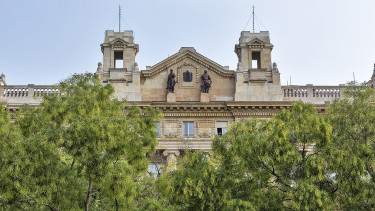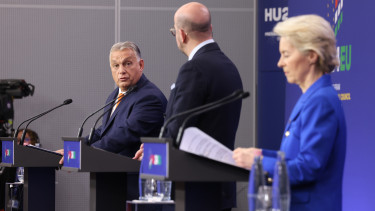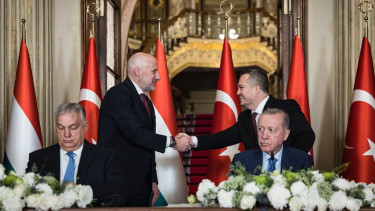EU refers Croatia to court for failing to amend law on INA sell-off
INA is the main Croatian energy company, partially owned by the Croatian Government.
The INA law grants the State special powers in this company, including vetoing INA's decisions relating to the sale of shares or assets above a certain value. The State can also oppose important management decisions, such as a change in the company's activities, the granting of concessions or authorisations and the location of its registered office.
“The fact that the Croatian State can refuse to approve important decisions that would be in the company's interest may negatively impact company shares and reduce the INA's attractiveness to investors," the EC argued.
The Commission considers that the State's special powers provided for in the INA law unduly restrict the free movement of capital and freedom of establishment.It acknowledges that the objective of protecting the security of energy supply is a legitimate public interest shared by the EU and could justify restrictions to the freedoms listed in TFEU. However, such restrictions must be proportionate.
In the present case, the INA law empowers the Croatian State to oppose important company decisions without needing to justify their veto in terms of potential threats to security of supply or other public policy, or in the public interest.
In the Commission's view, these unconditional veto powers go beyond what is necessary to protect security of energy supply and are therefore disproportionate.The Commission remains open to efforts by the Croatian authorities to find a solution to this case, notwithstanding today's decision.
Background
Croatia took the commitment to align the so-called INA law with EU rules before its accession to the EU in 2013. In November 2014, the European Commission decided to take action against Croatia for failure to amend such law. After assessing the observations of the Croatian authorities in December 2016, the European Commission sent a reasoned opinion to Croatia to formally request the amendment of the INA law, on the ground that it violates the rules of the Treaty on the Functioning of the European Union (TFEU) on the freedom of establishment and the free movement of capital. To date, Croatia has not complied with the Commission's reasoned opinion.
The law approved in 2002 stipulates that as long as the ownership of the Croatian state in INA reaches or exceeds 25% while it remains a minority owner, no INA stake larger than 25% of INA’s total value may be sold without government approval.
Hungarian oil and gas group Mol holds a 49.08% stake in INA and it also holds controlling interest, whereas a 44.84% package is held by the Croatian state.










